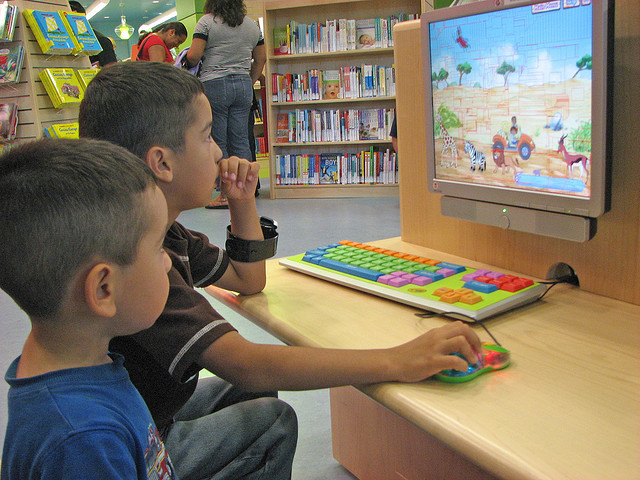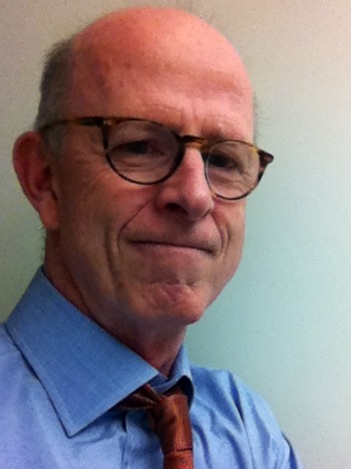
Can research libraries adapt to live up to their potential?
Knight News Challenge: Libraries offers applicants a chance to share in $2.5 million by focusing on the question, “How might we leverage libraries as a platform to build more knowledgeable communities?” Below, Bernard Reilly, president of the Center for Research Libraries, writes about the role research libraries could play in promoting transparency in the digital age, some thoughts prompted by the discussions at the center’s April 2014 Leviathan Forum.” Photo: King’s Library, British Library, via Wikimedia Commons.
The longstanding role of research libraries as “memory institutions” has been upended by the digital revolution. Academic libraries and major independent research libraries have long collected and archived documents and information that, absent their efforts, would no doubt have been lost or destroyed. In 1944, when copies of his book “Born Free and Equal” were being burned publicly, the photographer Ansel Adams quietly turned over the 241 original negatives for his Manzanar portraits of interned Japanese-Americans to the Library of Congress for safekeeping.

Related Links
“Finding the sweet spot for libraries in the digital age” by Jill Bourne on Knight Blog (9/11/14)
“Knight News Challenge: Libraries opens for entries” by John Bracken on Knight Blog (9/10/14)
“News Challenge to explore role of libraries in the digital age” by John Bracken on Knight Blog (8/25/14)
“Share your inspiration for Knight News Challenge: Libraries” by John Bracken on Knight Blog (9/2/14)
Today, the Web and the Cloud make information and documentation ubiquitous and abundant. Ironically, the same technologies that account for this abundance threaten the long-term integrity and accessibility of electronic evidence that is important to civil society. The impermanence and growing complexity of digital communications media, and the volume of digital documentation being produced, challenge our ability to collect and maintain that material for the long term.
The recent confusion and controversy surrounding the disappearance of IRS Commissioner Lois Lerner’s emails, for example, highlighted some of the problems that confront civil society when government records are electronic. Holding governments, corporations and the other major actors in our society accountable is a new challenge when the proverbial “paper trail” no longer exists. When records and communications are all digital, transparency requires new norms for establishing authenticity, provenance, chain of custody and persistence, norms that will hold up not only in the historical record but also in the hearing rooms of the legislatures and in the courts.
What can research libraries do? Drawing on their traditional strengths and skill sets, libraries could play a critical role in helping create transparency. Scrutinizing and documenting the systems and practices used by governments, corporations and others to produce and manage digital documentation and communications can promote a better understanding of those organizations’ activities.
Many of the systems used to manage the records and data of governments and large organizations are essentially “black boxes,” understood only by specialists. Libraries can promote “application literacy,” a capability that will become indispensable not only to historians and jurists, but to an informed citizenry. By studying these systems and documenting the life cycle of important digital content, libraries can make it possible for researchers and others to establish the source, authenticity and chain of custody for critical digital data and documents – and enable better detection of what is being withheld from scrutiny, or even destroyed.
Bernard F. Reilly, Center for Research Libraries
This kind of activity may sound foreign to our notion of what libraries do, but it is not unlike certain functions for which we have traditionally relied upon libraries and other “memory institutions.” Librarians and museum curators are constantly asked to establish the authenticity of historical documents, from photographs of Abraham Lincoln to copies of the Emancipation Proclamation.
Understanding complex records and content management systems will require some training, and expanding the portfolio of libraries from collecting to monitoring and analysis will take time. But society’s memory will benefit from the effort.
Recent Content
-
Journalismarticle ·
-
Journalismarticle ·
-
Journalismarticle ·



